Many questions can plague an individual’s mind when they are going through a divorce. There are many things to consider, and several decisions to make. But amidst all this emotional stress, how does one continue seamlessly parenting after divorce is a question that’s the upper most on their mind.
Relationships after divorce change drastically, but how does that affect the parent-child relationship? Can divorce be good for a child because then he or she is not exposed to the abuse, fights and differences of opinion every day? It’s natural to wonder how couples handle their child post-divorce. Good co-parenting after separation is very integral to the child’s development.
Here is the story of a duo who might teach you the importance of thinking about your child during a divorce. Lokesh and Asha were neither compatible spouses, nor good parents. Let’s observe their journey and pick up a few lessons along the way.
Parenting After Divorce: A Story
Table of Contents
“Soft drink?” I ask Lokesh. He is a distant cousin living in the same city as me. He has finally come over after having declined my repeated invitations for weeks. He settles down. My husband holds out a mithai box.
“No, I’m diabetic,” he says.
“Tea? Without sugar?” I offer.
“No, I don’t take tea.” He grimaces, touches his stomach.
His answer stumps me. The weather is changing; tea with snacks is the norm. I am told he drinks a lot. That acidity must come from the copious amounts of alcohol.
“I take green tea,” he informs my husband.
“I have that!” I am relieved.
He smiles. “Well, then!”
He has come bearing good news; his nephew has a job. After his brother’s death, he is the head of the family, the responsible person. I hear him elaborate as I get busy in the kitchen. But how is his family? Lokesh has a son he rarely sees even though they live in the same city. His ex-wife and he have not done a great job of parenting after divorce.
Related Reading: Which Is Better – Love Marriage or Arranged Marriage?
The usual set-up of Lokesh and Asha
Lokesh and Asha were like any other pair. Theirs was an arranged marriage. Lokesh was an engineer in government service; Asha, an architect, in the teaching profession. Lokesh lived in a joint family with his parents and his brother’s family.
Asha and her in-laws could not get along after the marriage. She was expected to hold a career, blindly accede to tradition, and obey without thought, all together. Co-habitation in a large family can be challenging and she drew boundaries with her in-laws. Because she chose not to bend, Lokesh’s family perceived her as a villain. Joint families are quite common in India, and women are expected to ‘adjust’.
Having had enough, Asha placed a caveat before Lokesh. Choose her and their son, or choose his blood relations. Lokesh could not see where she was coming from, and did not agree to make that choice. He thought she was being radical. Unable to resolve their differences, they got divorced. Somehow, they never got around to managing divorce and parenting together.

Divorce and parenting done wrong
Kush, their son, was two or three years old when his parents split. Now he’s 15. I hear he makes no overtures to his father. Lokesh sees him on special occasions only. I often think about Kush. What has he learned about relationships? His father chose to stand by his brother and parents. And Kush’s own parents split up, choosing divided lives. How does he perceive divorce? Has his mum and dad’s divorce changed him irrevocably?
A few years ago, a relative had stepped in to make amends and Lokesh had begun to see his son on a regular basis. We were hopeful that he and Asha would build a relationship for their son’s sake. Co-parenting after divorce was not unachievable or unheard of. But we were bitterly disappointed. In a few months, Lokesh returned to the outer fringes of his son’s life.
Related Reading: 12 Co-Parenting Rules For Divorced Couples
Lokesh has now changed. He is overweight, verging on obesity. His face is bloated, eyes red-shot and perpetually tired. Perhaps if he’d remarried, things would have been different. They were so young when they separated! Didn’t he think of remarrying? Perhaps to correct a mistake he had made? And how did Asha escape another marriage in a marriage-oriented society?
Lokesh and Asha have both had their share of these suggestions. We all thought it was just a matter of time before they moved on. If they had, maybe they would have been better at parenting after separation. Finding companionship again, and sharing their lives with someone would have made them happy. But they didn’t. They remained single, and did not manage parenting after divorce properly. I can see their parenting mistakes more clearly now.
- Clarify Your Shared Goal
- Set Boundaries
- Use Neutral Communication Channels
- Seek Professional Mediation
- Keep Personal Feelings Separate
- Stay Consistent for the Childs
- Focus on What You Can Control

Twelve years later: Parenting after separation
Twelve years later, neither he nor Asha have remarried or gotten back together. They have tried, yes. But despite their attempts on working on the marriage, no fruitful developments have occurred. Lokesh’s refuge from loneliness is alcohol. He hasn’t forgotten her, but neither has he been able to bridge the distance between love and maintaining that love.
Commitment requires sacrifice. Sacrifices which we, perhaps, are not prepared to make. If only we knew the cost beforehand. The family as the priority is a norm in arranged marriages. But how can someone be happy with being secondary, especially, an educated and self-reliant woman? In that, I respect Asha’s stand. It’s her right to assert her wishes. Maybe it’s because I’m a woman, I find I blame Asha less for the separation.
“Co-parenting isn’t about the parents; it’s about the child.”
Indeed, Lokesh should be a loyal son; but what of the vows of marriage? Surely, Asha has a right to choose if she wants to live away from a joint family? I am sure traditionalists will say this is radical thinking. I think parenthood is not a business where you expect returns.
But as I reflect, I realize I would never do what Asha did. Am I just less bold than Asha or more ‘adjusting’? Is my husband more adjusting than Lokesh? Yes, we have had differences, but somehow the situation had never graduated to that point. I can’t bear the thought of my children seeing their parents split. But maybe if I were in their shoes, I would have been able to manage co-parenting after divorce.
Related Reading: Motherhood or Career? Women’s Struggle Between Career and Family
Shouldn’t a child be the priority when parents spilt up?
My empathy remains, yet, with Asha. But I have my limitations. I can hardly campaign for her. Lokesh is too reserved and never shares what he feels. Since I was not in contact with him much during the divorce proceedings, I haven’t talked to him either. Ultimately, it’s the couple, who must make the final decision.
I wonder what values couples in such situations give their children. Lokesh and Asha haven’t really bothered. I don’t blame them for drifting apart, but they should have spared a thought for the kid. Be parents, if you can’t be friends or enemies. Divorce and parenting is complex, yes, but you have to do it for your child’s sake.
After their separation, they should have ensured that Lokesh retained a place in his son’s life. And Lokesh himself failed to bridge the gap between love and loving, twice. I once read a quote by Nick Cannon that said, “At the end of the day, you have to be a little selfless. You have to say, ‘It’s not about us. This did not work out quite how we wanted it to but look at the amazing blessing we have in these wonderful children.'”
I’d always hoped that after Kush’s parents split up, they would eventually learn co-parenting after separation. But I now hope that his mum and dad’s divorce doesn’t leave a lasting impact on him.
For all of you reading this, I just have to say: think about parenting after divorce very carefully. And prioritize your child above all else.
FAQs
Different studies yield different answers, but the consensus seems to be around age 10-11. The developing years of a child are crucial because this is when they gain ideas about the world and how it functions. However, divorce can affect children at all ages, even when they are very young. This is why co-parenting after divorce is important.
Your answer largely depends on the custody agreement. There are different kinds of custody and rights (legal custody, physical custody, and so on). On the basis of your and your ex’s decision, the parents can have equal rights over the child, or one parent can have more rights.
‘Ruin’ is a very strong word. While divorce is certainly challenging to witness, a child can come out of it just fine if the parents split up with dignity. If the co-parenting after separation is done right, the child need not go through emotional stress at all. But if there are many ugly fights and drama, there will be lasting damage.
Final Thoughts
Parenting after divorce is often fraught with emotional challenges, especially when ex-partners struggle to communicate or collaborate. While being friends may not be possible, effective co-parenting doesn’t require friendship—it requires a shared commitment to the child’s well-being. By setting boundaries, focusing on respectful communication, and seeking professional support when needed, even strained relationships can evolve into functional co-parenting dynamics. Our experienced counselors can help you.
Life After Divorce – 15 Ways To Build It From Scratch And Start Afresh
Your contribution does not constitute a charitable donation. It will allow Bonobology to continue bringing you new and up-to-date information in our pursuit of helping anyone in the world to learn how to do anything.

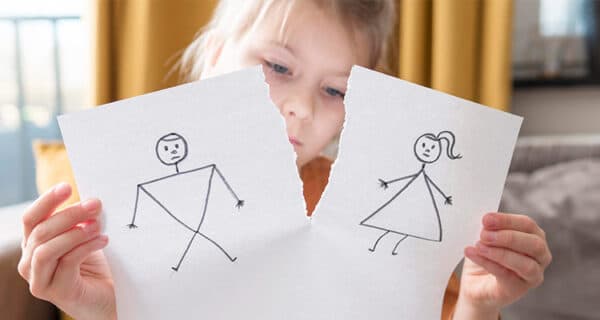


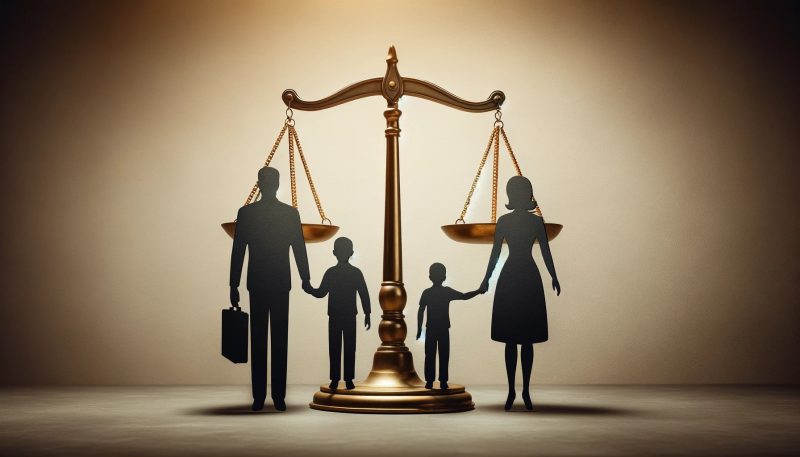
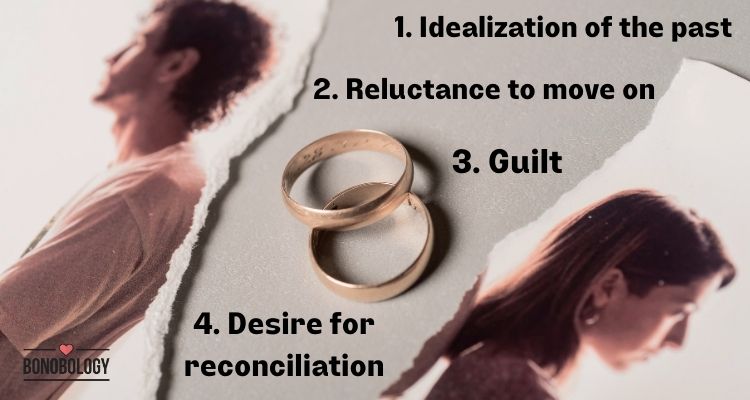

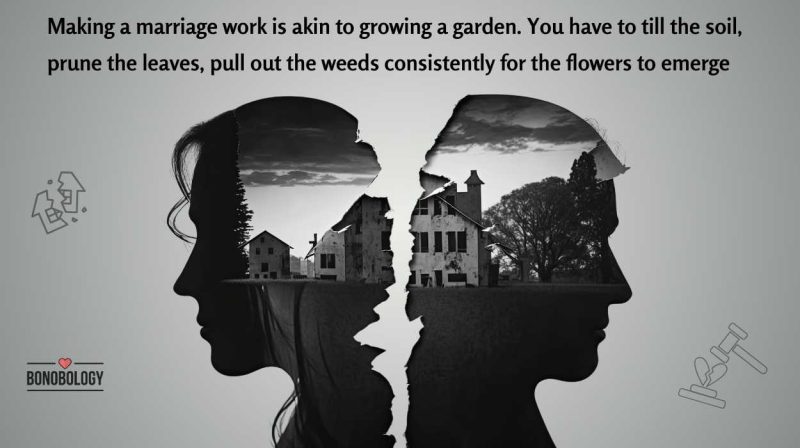
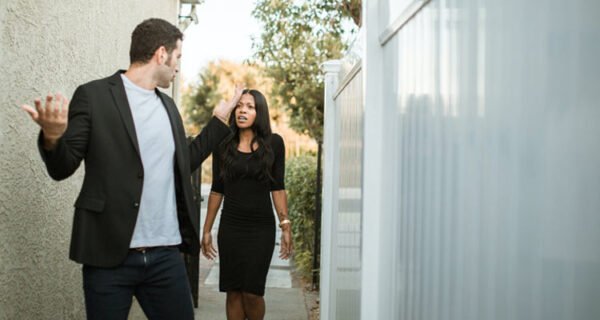
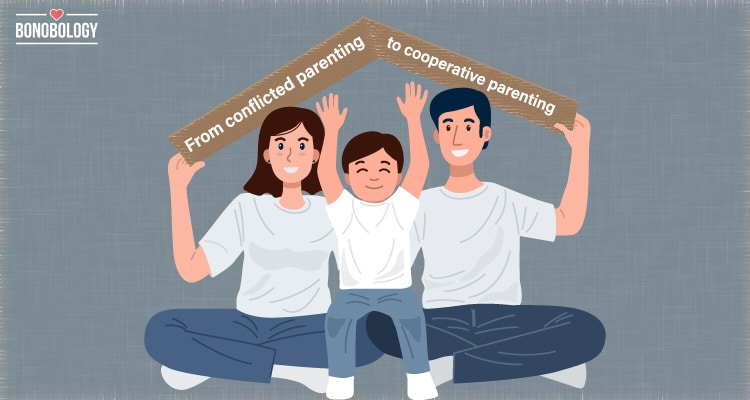

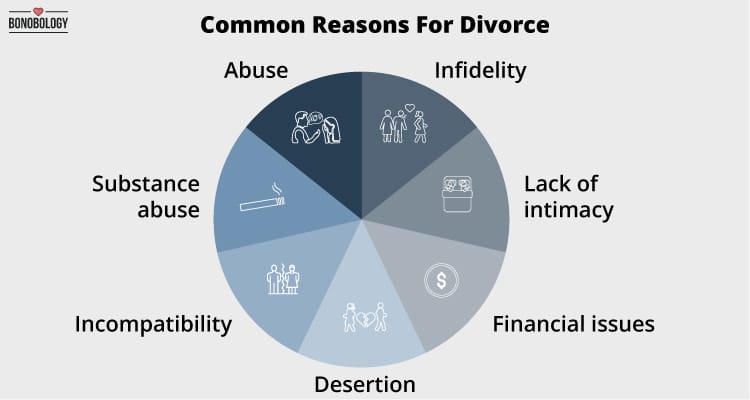


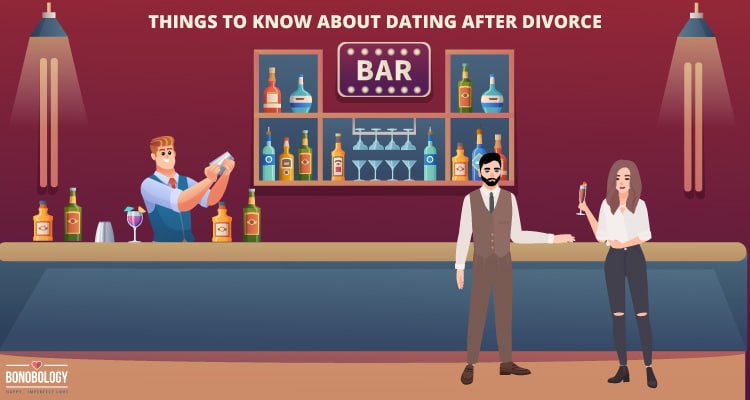
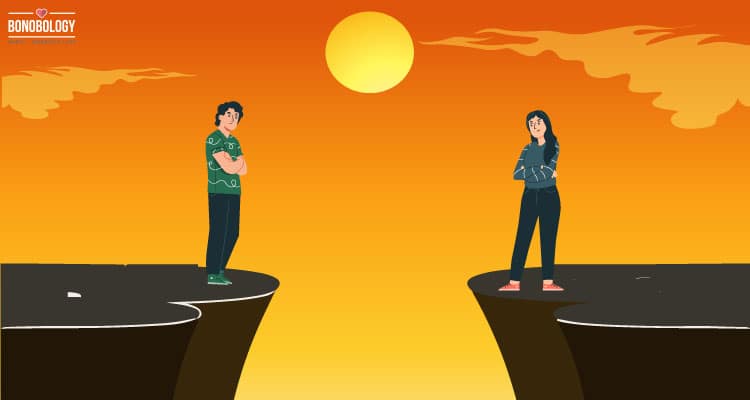
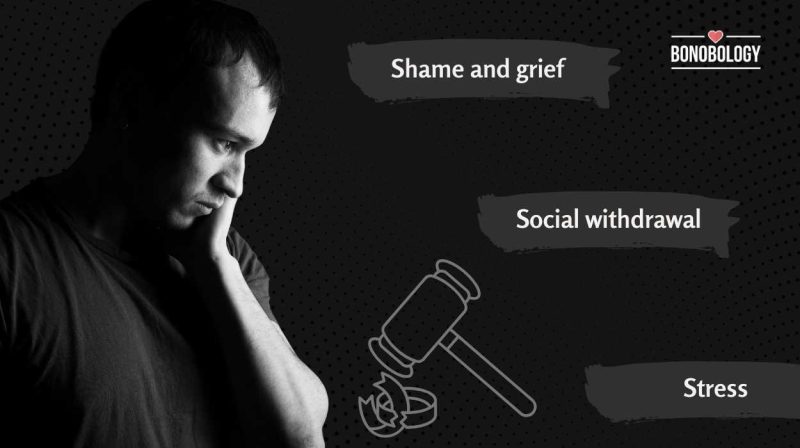
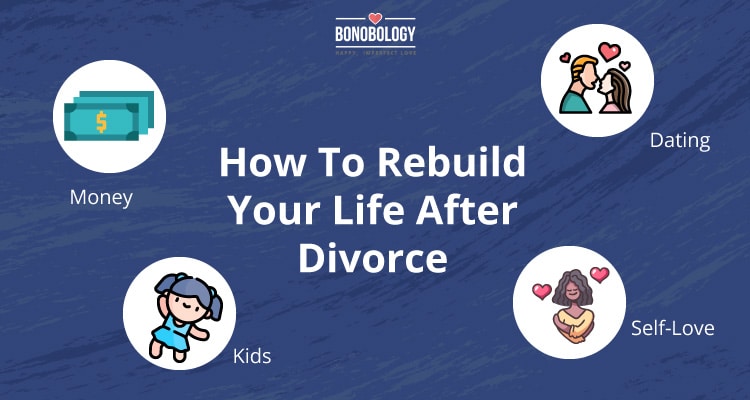



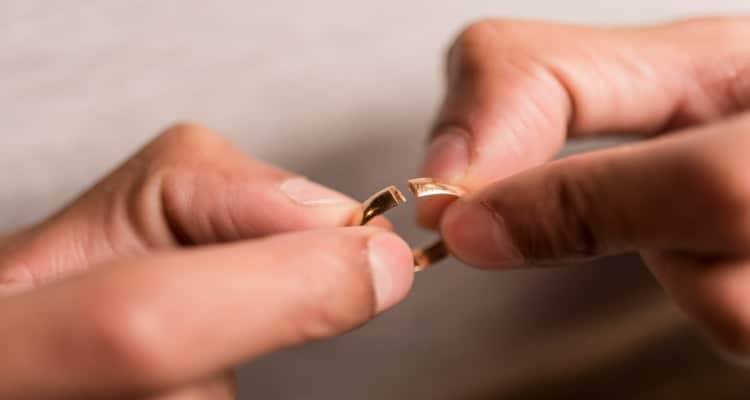

You have touched on a topic that really needs discussion. My view is that if parents even after separating can remain friends the child life becomes easier. But it needs maturity.